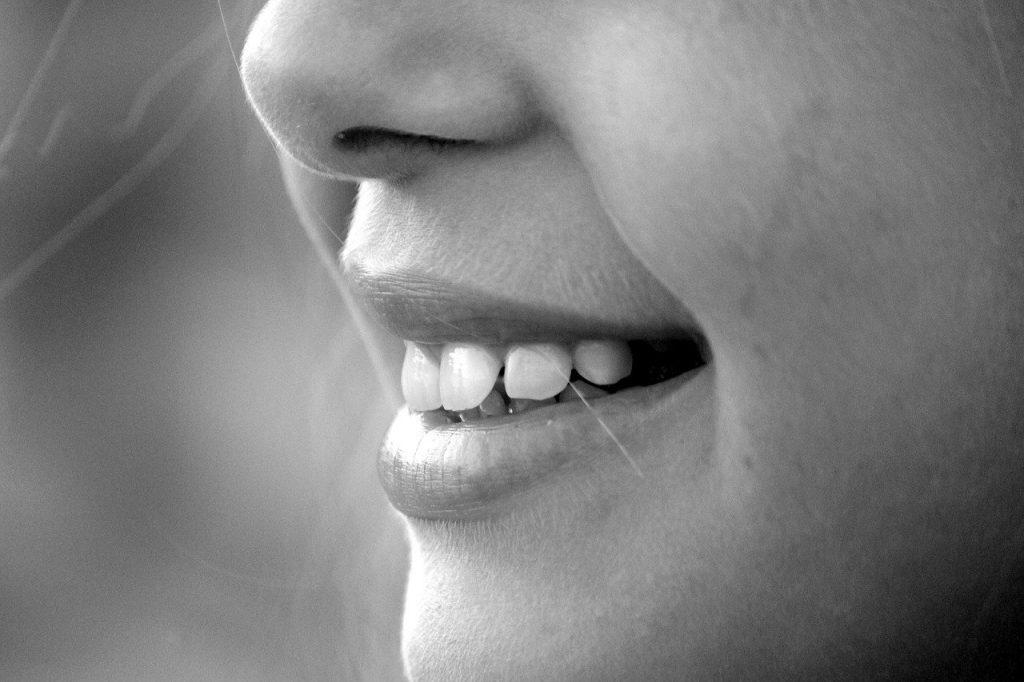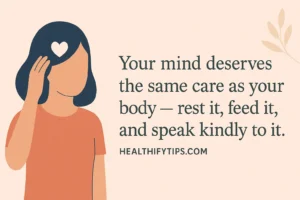Dental problems are common and can be treated. They’re often a result of poor oral hygiene, but many also stem from other factors like ageing, genetics and diet. If you’re experiencing any of these problems, don’t panic—they can be corrected!
Decay
Cavities are the most common dental problem, and they’re caused by bacteria that eat away at the tooth enamel. This can be prevented by brushing and flossing regularly, as well as taking care of your overall oral health. If you have a cavity that is causing pain or sensitivity, it’s best to visit a dentist for treatment.
Gum disease
Gum disease, or periodontal disease, is a bad situation for your oral health. It can lead to tooth loss and even an infection of the heart valves. If you have this condition, it’s important that you see a dentist right away so they can treat the inflammation in your gums and save your teeth from further decay.
If you are suffering from gum disease or periodontal infection:
- Take antibiotics regularly until they work their way out of your system (usually 3 months).
- Brush twice daily with fluoride mouthwash if needed—but be sure not to brush too hard!
Tooth erosion
Tooth erosion is a common dental problem in which the enamel on your teeth wears away and exposes underlying dentin. This can be caused by many factors, including smoking, drinking alcohol and using mouthwash.
If you suspect that you have tooth erosion or any other dental issue, it’s best to see an oral surgeon for diagnosis and treatment options. Treatment options may include:
- Removing the affected tooth(s)
- Repairing damaged areas of the jawbone with bone grafts
Mouth cancer
Mouth cancer is a rare type of cancer that can be caused by smoking, chewing tobacco and drinking alcohol. It’s also thought to be linked to exposure to certain chemicals in our environment such as those found in pesticides and herbicides.
Mouth cancer is often found early on in its development. If you’ve been diagnosed with mouth cancer or any other type of oral-cavity disease (oral cavity refers to all parts of your mouth), there are things you can do:
- Learn how early detection works so that if you’re worried about it happening again next year or later down the road, you’ll know what steps need taken now before it gets worse! You may even want someone else looking over those checkups too; remember: no one likes having their teeth drilled into every six months!
- Talk with your doctor about whether there are any medications available right now which could help reduce risk factors like smoking habits – some people find them helpful while others don’t bother taking them because they don’t see any benefit from doing so.”
Dental problems usually pertain to the mouth, teeth and/or gums
The mouth and teeth are connected to the body. They’re also connected to the brain, heart and lungs. And they’re connected to your stomach too!
The mouth is an important part of our health because it contains all our teeth, which we use for chewing food and speaking clearly. When you think about how much time we spend eating or talking on the phone every day, it makes sense that bad breath can be a big problem for us!
Conclusion
I hope this article has helped you understand what dental problems are and how they can affect your health. If you have any questions or concerns, please don’t hesitate to contact us.








